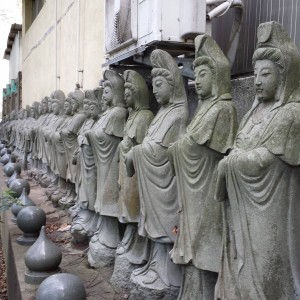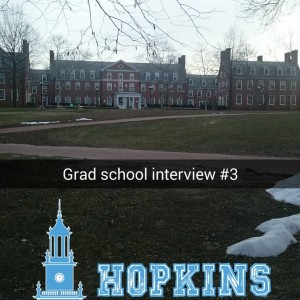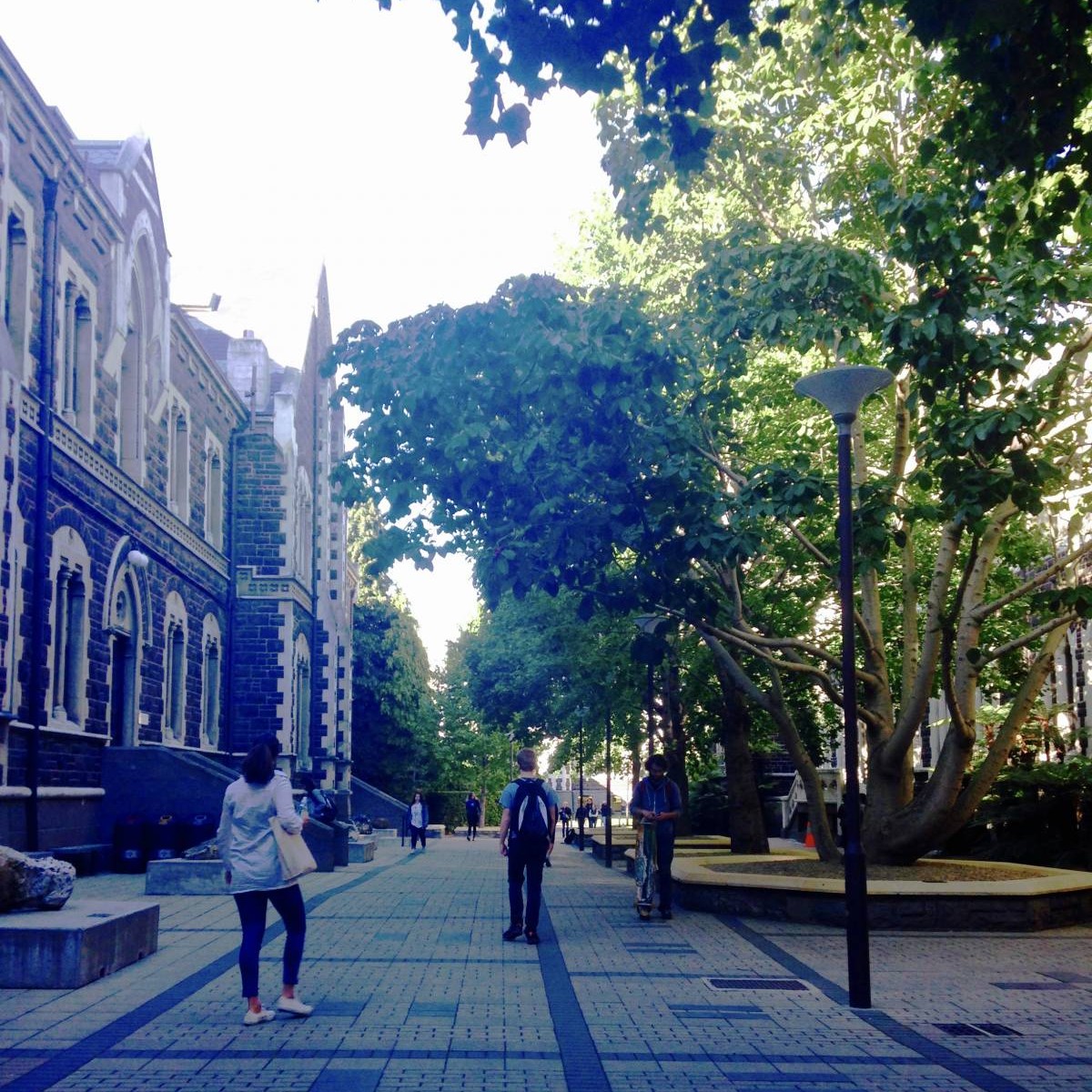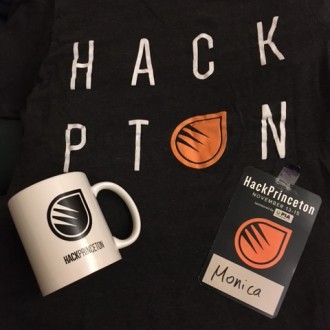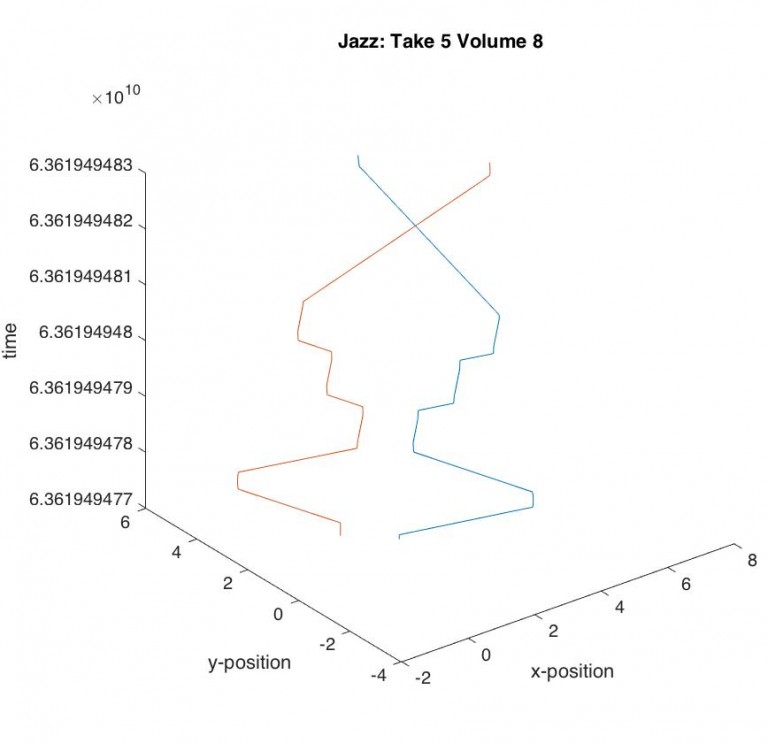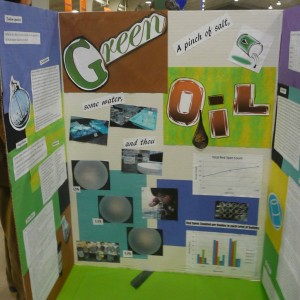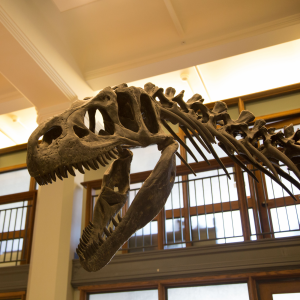
There are some things that department websites just don’t tell you.
For example: The History Department holds its mandatory senior thesis planning meeting one hour after spring junior papers are due. (“People hadn’t slept for days!” a friend told me recently.) The Spanish Department, on the other hand, hosts monthly department-wide dinners.
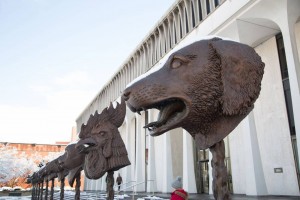
I am amazed — unfortunate scheduling and free food aside — by how much I didn’t know when I chose my major. Talking to other upperclassmen, I get the feeling that I’m not the only one. We all seem to have bumbled through the process, some better-informed than others. When April rolled around, we all picked something and moved on.
Surely, there’s a better way to sift through the options. Looking back at major declaration season, here are the three questions I wish I’d known to ask. Continue reading A survival guide for major declaration season


